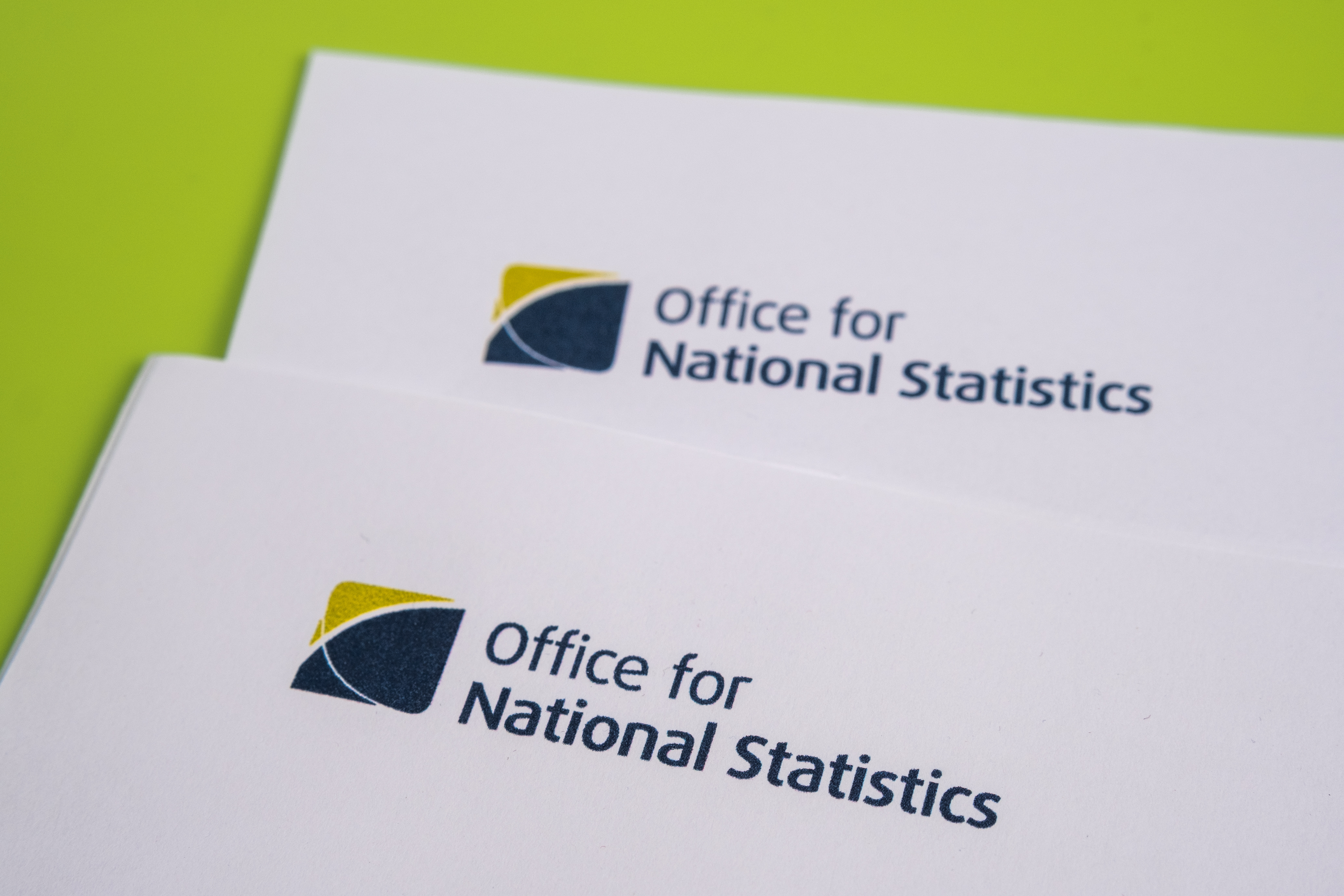
The UK’s imports fell “substantially” with exports also dropping to both the EU and rest of the world over the month of September, according to today’s (10 November) trade data from the Office for National Statistics (ONS).
Across the third quarter of 2023 (July-September), goods exports dropped by a total of £1.9bn (2%), with a large fall in non-EU exports “slightly offset” by an increase in EU-bound exports.
Trade deficit
Service exports, meanwhile, rose by £2.1bn (1.8%) as imports rose by a similar value of £2bn (2.6%).
The figures mean that, in the last quarter, the trade in goods deficit was cut by £7bn to £44.2bn while the service trade surplus ticked up by £0.1bn to £38.3bn.
The total trade in goods and services deficit narrowed by £7.1bn to £6.0bn in the third quarter, having slowly declined since Q2 of 2022, when it stood at £26.9.
Goods fall
In September, total goods imports fell by £2.9bn, a drop of 6.2%, as imports from the EU dropped by £1.4bn and from other countries by £1.5bn.
Goods exports, meanwhile, saw a drop off of £0.9bn (2.9%), with £0.5bn of that coming from exports to the EU and the remainder from the rest of the world. This marks a drop in the goods trade deficit of £2bn down to £14bn.
Once the effect of inflation was removed, goods imports were found to have fallen by £2.3bn and exports by £0.4bn.
‘Subdued’ car market
The fall in imports is attributed largely to a drop in the volume of machinery and transport equipment the UK imported in September, which the ONS describes as a function of “subdued import of cars” relating to the continuing strain in supply of semiconductors even as the crisis in their supply draws to a close.
The growing predictability of when semiconductors will be available means that manufacturers of cars have been adapting their production schedules and spreading out imports across the whole of the year.
This has meant a change to their “usual trade patterns”, according to the ONS.
Smaller falls
There were also falls in imports and exports of services in the UK in September, though by smaller percentages than those in goods.
Services imports dropped by £0.1bn (0.2%) in value terms in September, and exports decreased by £0.2bn (0.4%), though adjusted-for-inflation imports were stable and exports dropped £0.1bn.
The ONS notes S&P’s Global’s Purchasing Managers’ Index (PMI) numbers for the month found a fall in financial, business and consumer-facing services.
